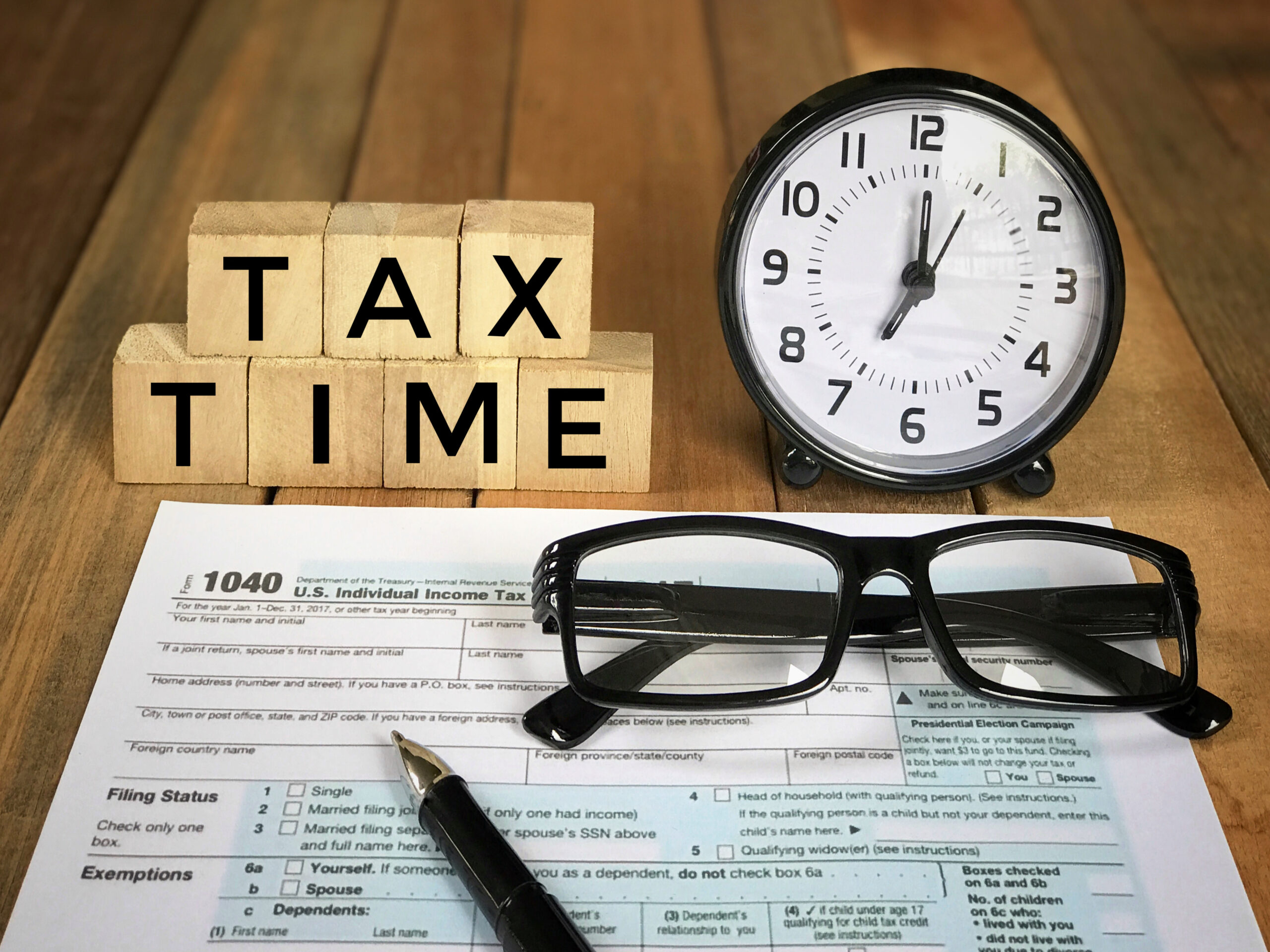Congratulations! If you’re wondering whether blogging income is taxable, that must mean you have blogging income. That’s a feat in itself.
I’m not accountant but I’m a blogger who earns blogging income. There are several aspects to the question “is blogging income taxable?”
I will assume you live in a country with corporate and/or personal income tax. If you are one of the very few who live in a country with no income taxes, you’ll probably never search for this topic so you won’t be here.
You must also understand every country is different. I live in Canada. I’m providing answers per my experience although much of the situations and tax consequences are similar in other countries.
There are many situations I must list out and answer. Let’s do it.
Scenario 1: You have blogging income but your blogging expenses meet or exceed your blogging income
In this case you will not pay taxes. If your hosting costs $10 per month and you earn $8 per month from blogging, you pay no taxes. You probably have additional expenses in the beginning such as a WordPress theme, some software, images, etc. Track it all.
What qualifies as blogging expense?
This is where it can get murky really fast. I tend to err on the side of caution. I’ve spoken to bloggers who expense their entire life because they blog about it. For example, if you have a home and garden blog and write about your home, some bloggers expense their home. I don’t at all. It’s tempting to do but it’s also tempting fate.
Other murky expense areas include:
Travel that ends up both personal and business. Suppose you spend a week in Disneyland but write a review of Disneyland and your hotel. Can you expense the entire thing? I wouldn’t but some do.
Tech and recreational gear: For example, I have an electric mountain bike. I’ve written about it on my cycling blog but I also use it personally. I use it far more for personal use than for my blog. Hence, I did not expense it. On the other hand, I tried the smartwatch niche. I bought at least 25 smartwatches. I don’t use most of them. The ones I don’t use I expensed. The one I do use personally, I did not expense.
Sniff test
Just because you blog about something you have doesn’t mean it’s an expense. My accountants told me it boils down to the spirit of the item. If I ever something I have and have used and will use, it’s not an expense. If, on the other hand, I buy something to review and then never use it, that is an expense because it’s primary purpose was for my blog.
These types of tests are referred to as “sniff tests”. These are grey areas but you know in your gut what the answer is.
Why do I err on the side of caution?
Because if I’m wrong and the tax authorities audit me in 20 years and claim that I owe $10,000 for each year plus interest and penalties over 20 years, that’s a massive financial hit. I’d rather pay a bit extra now and not have that happen when I’m about to retire.
Moreover, if my tax return lists out a week in Disneyland, an electric bike, several small kitchen appliances, a smartwatch, etc. as expenses, those are some pretty serious red flags that will attract an audit. I’ve been audited. It was not fun. I’m willing to pay extra to avoid an audit.
Scenario 2: Your blogging income exceeds your blogging expenses
In this case you will pay taxes on your net blogging profits. If your blog is in a corporation, you’ll pay corporate taxes. If you pay out dividends to yourself from that corporation, you’ll pay taxes on the dividends. If you pay yourself a salary, that’s a corporate expense but you’ll pay personal income taxes on the salary.
No matter how you structure the legal entity, you will pay taxes if you earn a blogging profit.
Scenario 3: Your blogging income is a result of selling a blog
In many countries, including mine, the profits from the sale of a niche blog are capital gains. These are taxed but often taxed at a lower rate. That’s one very attractive aspect of this business because typically, most people will eventually sell their website.
That said, if you sustained losses in previous years, you may be able to carry those losses forward to offset your profit and pay no taxes. This is very situational. I believe I had this when starting out. This is why it’s important to track all this stuff.
Scenario 4: You invest your blogging income
As your blogging income grows, it’s not a bad idea to diversify by investing in other areas such as stocks, bonds, index funds, real estate, etc. I do. I’m glad I have over the years. Taxation is applied to these investment returns pretty much the same way had I made the same investments with a regular salary.
That said, in some countries such as Canada, there are some great benefits to setting up a corporation and retaining as much earnings in the corporation as possible. Corporate taxes in Canada are lower than personal income taxes so I can grow investments and cash inside my company paying less tax on it initially. This helps grow the funds faster. In retirement, when I distribute money from my company, I’ll pay personal income taxes on it but in the meantime, I was able to grow investments faster due to paying less taxes on it initially.
For example, if I have $100,000 left over in my company as a net profit, corporate tax rate under $500K net income is 15%. If I pay that $100K out to me as personal income, I’ll pay triple or quadruple that. The net effect is I’m able to invest more each year keeping the money inside my company than if I distribute it to me personally.
Every country’s corporate tax rates differ so be sure to talk to an accountant about this stuff.
Track this stuff from the start
Even if you don’t set up an LLC or corporation, set things up so you can track your blogging income and expenses. Get a separate bank account, Paypal account and credit card so that all your revenue and expenses are at your finger tips. It might seem not worth it in the beginning when you’re starting out and aren’t paying taxes but you may be able to carry those losses forward into years when you are profitable. I did and that helped me save on taxes a few years when I first started being profitable.
I know it costs money but Quickbooks is invaluable for tracking all of this. Quickbooks was a game-changer for the accounting side of my business.
Should you incorporate immediately?
Not if you’re in Canada. We don’t have simplified legal entities such as LLCs. It’s a full corp or nothing. The tax work for a corporation is extensive so the accounting fees are very high. I’ve read it’s not worth incorporating in Canada until you have $500K per year in revenue and a decent net income. I agree with that. I pay $15K per year in accounting fees for my company. Contrast that with $450 for personal income tax accounting fees.
If you’re in the US, you can use an LLC. I don’t know the ins and outs but it seems like a simple entity to run and do taxes for so that is definitely worth looking into early on.
Should you hire an accountant right away?
That depends on how much time and money you have. I hired accountants right away. I do not like doing my taxes. Before I had a corporation, it wasn’t costly at all.
I’ve also had accountants save me a lot of money over the years so it’s been well worth it.
Hire an accountant when you can afford it. Same with a bookkeeper. I find using the bookkeepers at my accounting firm the most economical because it’s seamless. The hourly rate is higher but the amount of time spent is less. I know firsthand because for a short while I hired a bookkeeper outside of my accounting firm. It was a nightmare.

Jon Dykstra is a six figure niche site creator with 10+ years of experience. His willingness to openly share his wins and losses in the email newsletter he publishes has made him a go-to source of guidance and motivation for many. His popular “Niche site profits” course has helped thousands follow his footsteps in creating simple niche sites that earn big.

